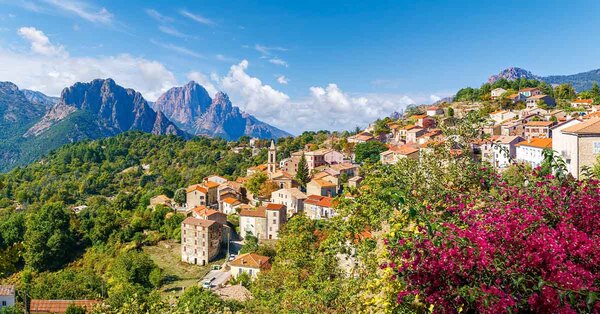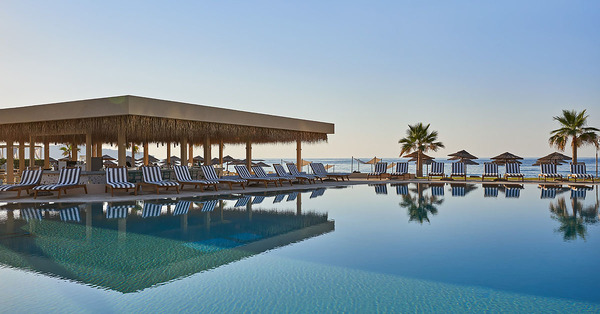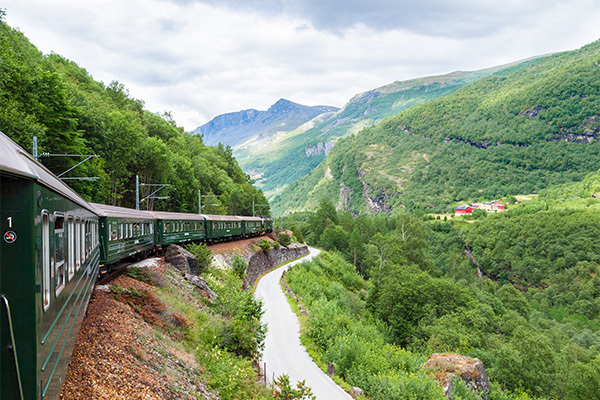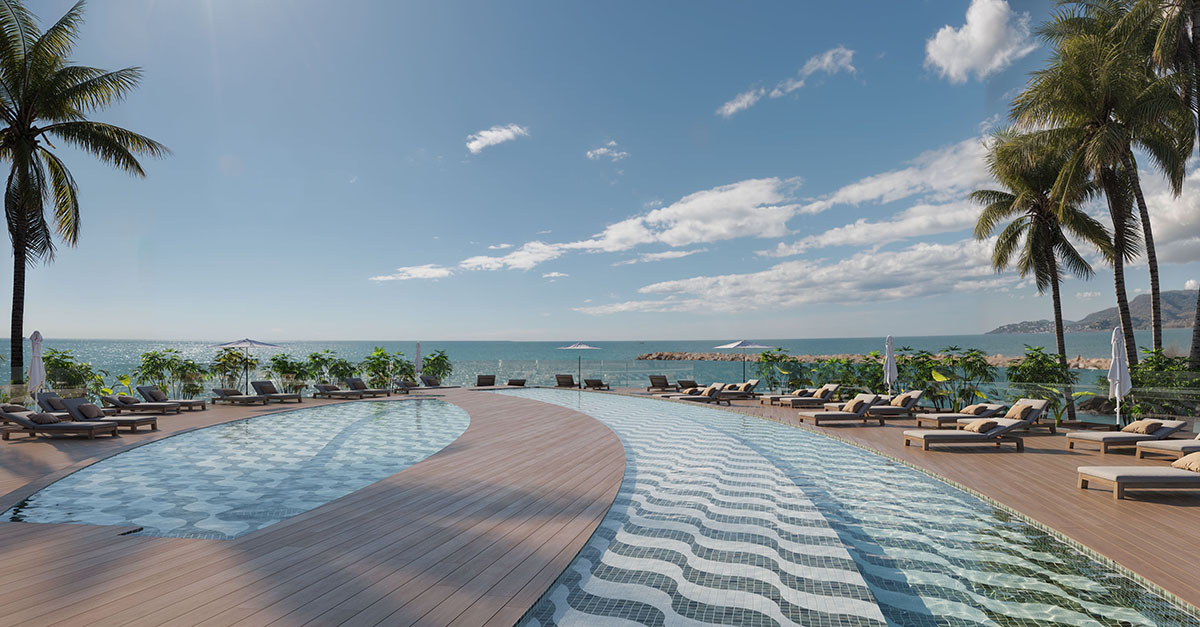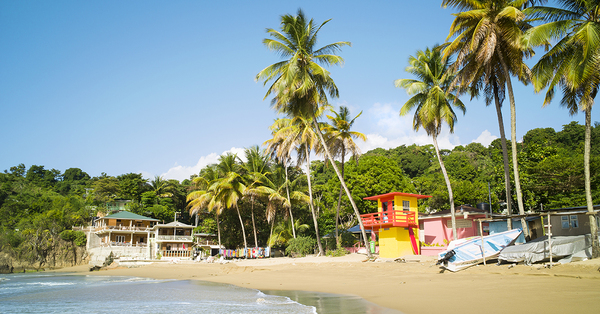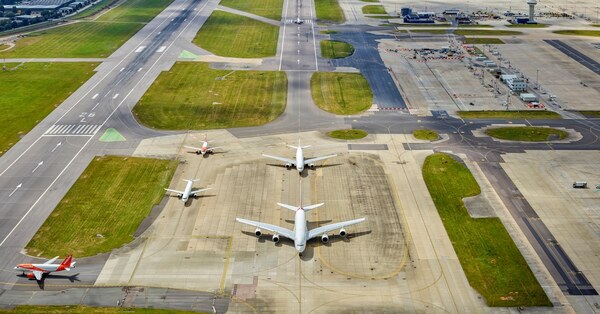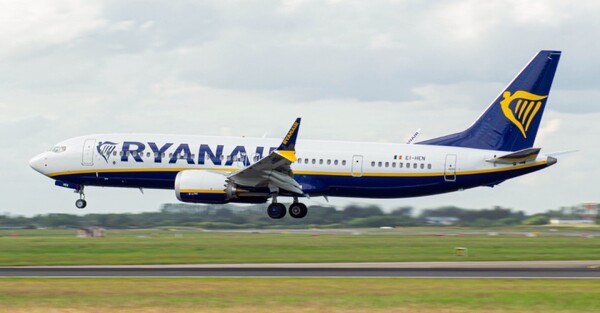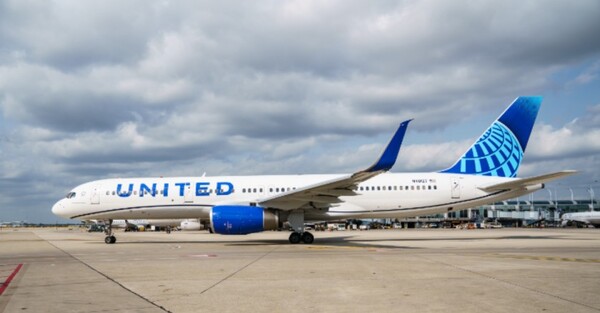You are viewing 1 of your 2 free articles
Comment: Being prepared for disruption when travelling is now essential
Wildfires and droughts have become more than just seasonal occurrences, they are now year-round threats that significantly impact global travel. Experts are already saying that 2024 could be the hottest year on record, highlighting the growing threat posed by extreme weather events and wildfires.
The summer of 2024 has seen a vast number of severe wildfires. Southern Europe, including Spain, Italy, and Greece, are the regions most hard-hit.
Wildfires and droughts are closely linked, with the surge in wildfires largely attributed to prolonged droughts, unusually high temperatures, and the ongoing impacts of climate change. The lack of rainfall has dried out vegetation, turning forests and grasslands into tinderboxes ready to ignite at the slightest spark. For visitors, this means that popular destinations that were once considered safe in summer are now potential danger zones.
This is consequently impacting the global travel landscape. For UK travellers, particularly those on business, being prepared is no longer optional but essential. By staying informed, planning for flexibility, and respecting local conditions, travellers can navigate these challenges safely and responsibly, ensuring their journeys are as smooth and successful as possible.
The implications of these environmental changes are significant for arriving travellers. Travel plans can be disrupted at a moment’s notice due to unexpected wildfires. Airports can be closed, flights delayed or rerouted, and accommodations destroyed or evacuated. Moreover, the smoke from nearby wildfires can lead to poor air quality, making outdoor meetings or events hazardous to health.
Last year’s water shortage in Greece, particularly on the islands, served as a stark reminder of how quickly conditions can deteriorate. Tourists were faced with limited access to water, forcing hotels and restaurants to ration supplies. For businesses reliant on tourism, such disruptions can lead to significant financial losses, and for travellers, they can result in an unpleasant and challenging experience.
I reside in Athens, one of the European capitals that have been more often affected by heatwaves and wildfires in recent times. The city has just been hit by the greatest wildfire of the season, which sparked on Sunday, August 11 from a forest into Athens' northern suburbs, torching homes in neighbourhoods that had not seen such a fire so close to the centre in decades.
But summer in Greece gets more challenging even in countryside areas or villages by the sea. My stay in Peloponnese in August was affected by real droughts. Among other discomforts, water shortages prompt accommodations to use water tanks, which among other things leads to health concerns. These contaminants can cause various waterborne illnesses ranging from mild stomach discomfort to outbreaks of legionella.
With examples like this in mind, it is crucial that travellers keep certain safety tips in mind. Below are some tips that you can share with your customers to put their minds at ease.
- Purchase travel insurance before departure, as several contingencies could impact your travel plans.
- Contact all travel providers used to book your trip.
- Keep your travel plans flexible. As wildfires can be unpredictable, be prepared to change your plans if authorities issue evacuation orders or safety recommendations, or if your means of transport are impacted by the event.
- Anticipate disruptions to telecommunications. During emergencies such as wildfires, communication networks may be overwhelmed. Expect delays in receiving information.
- If a wildfire is threatening the area where your accommodation is located, stay indoors and remain at a relatively safe distance from the blaze. Limit exposure to smoke by closing all windows and doors. The fresh air intake on air-conditioners should be shut.
- Monitor air quality. Wildfires cause poor air quality, which can be harmful, especially for individuals with pre-existing respiratory issues, the young and the elderly. Consider wearing masks rated for smoke protection if air quality is poor.
- Travellers to wildfire-prone regions are advised to stay abreast of local news and relevant authorities, to keep track of such declarations. Visitors are advised to stay abreast of evacuation maps and opt for voluntary evacuations if they can do so, well before a wildfire threat reaches the warning level.
- Track local media, weather forecasts and wildfire updates to stay informed about potential risks. Sign up for free government emergency alerts; use smartphone apps designed to provide real-time wildfire information, evacuation routes and safety tips.
Climate change, temperatures soaring up to 40°C, erratic rainfall and wildfires are increasingly connected. As well as wildfires, droughts can impact the viability of access to some destinations, especially small islands or remote destinations. Furthermore, water shortages prompt authorities to introduce states of emergency to cope with fewer resources.
Following Greece’s earliest heatwave in June, tourist destinations and islands including Sifnos, Leros, Sami, parts of Crete, and the Attica region – including the Capital city of Athens – faced water shortage crises. Water resource shortages are exacerbated due to the busy tourist season and prompt authorities to declare emergency measures, such as restrictions on topping up swimming pools or, like on the northern island of Thasos, setting up a desalination unit to turn seawater into drinkable water.
In late June, the Italian island of Capri put a cap on the arrival of tourists after problems with the water supply had been announced, forcing ferries from Naples and Sorrento to return to departure ports. These emergencies can worsen with the arrival of thousands of tourists on small islands, and impact heavily the lives of locals, who are already subject to restrictions such as limits on how many litres of drinking water to collect from a supply tanker.
In Barcelona, Spain, the message “Drought alert. Save water during your stay.” greets tourists at the airport. Catalonia has also been in a critical situation for three years and has seen its worst drought in 200 years. Tourism increases water demand and also concerns the construction and maintenance of swimming pools at accommodations. Hotels must take measures to confront the drought and be more sustainable, for example by reducing the frequency of laundry and charging extra fees for extra towel changes, revamping their faucets, toilets and shower systems.
In times of droughts, tourists and visitors alike are forced to respect restrictions issued by local authorities, limit water consumption, and opt for alternative activities when available – for instance, hiking instead of swimming. It’s important to engage with local communities and make sustainable choices, to limit water waste. Be flexible, in case droughts happen to heavily impact your travel plans.






